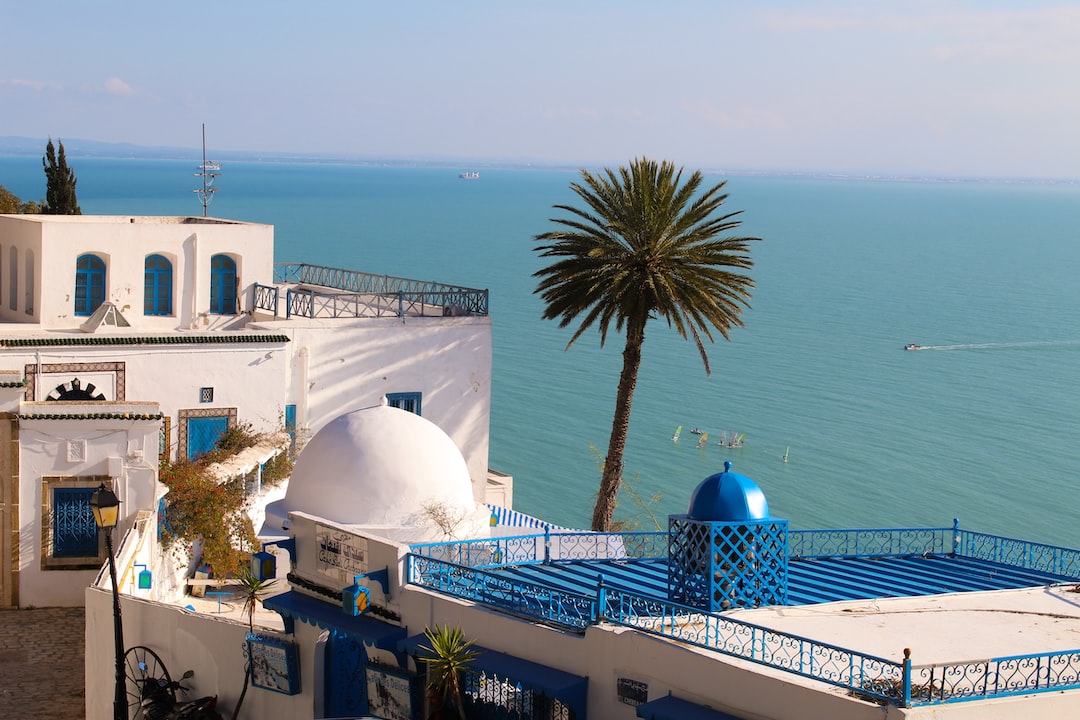Are you looking to add a unique and special touch to your wedding day? Look no further than Tunisian wedding traditions. From the engagement through the reception, Tunisia offers a variety of customs that can help make your big day even more memorable. Whether it’s traditional dress or symbolic decorations, discover how Tunisian culture has shaped their weddings over centuries. With so many options available for incorporating these treasured traditions into your own celebration, why not explore what Tunisia has to offer? Learn about everything from engagement rituals all the way up to post-wedding festivities in this guide on tunisian wedding traditions.
Tunisian Wedding Traditions
Engagement Traditions
Tunisian engagement traditions are a beautiful way to celebrate the commitment of two people in love. Proposal rituals often involve the groom asking for the bride’s hand in marriage from her father, with an exchange of gifts and blessings. This is usually followed by an engagement party where family and friends gather to share their joy and best wishes for the couple’s future together.
Proposal Rituals
In Tunisia, it is customary for a man to ask his partner’s father or guardian for permission before proposing marriage. He will bring along gifts such as jewelry or money as part of this ritual, which symbolizes his respect and appreciation for his future wife’s family. The proposal is then celebrated with music, dancing, food, and drinks among family members and close friends who have been invited to witness this special moment.
Engagement Gifts
Engagement gifts are typically given by both families during the proposal ceremony as a sign of goodwill between them. These can range from jewelry pieces like rings or necklaces to monetary offerings that signify financial support from one side to another. It is also common practice for each family member attending the ceremony to give small tokens such as sweets or flowers as symbols of good luck on behalf of their respective households.
Engagement Parties
Engagement parties are held after a successful proposal has taken place in order to further celebrate the union between two people in love. They usually involve traditional Tunisian dishes like couscous served alongside other local delicacies accompanied by lively music that encourages guests to dance all night long. During these celebrations it is not uncommon for couples’ relatives, especially those who live far away, to come together under one roof so they can be present when vows are exchanged at later stages during wedding preparations too.
Wedding Ceremony Traditions
Tunisian wedding ceremonies are steeped in tradition and symbolism. Pre-wedding rituals may include henna painting, blessing ceremonies, and traditional music performances. Henna painting is a popular pre-wedding ritual where the bride’s hands and feet are decorated with intricate designs of henna paste to symbolize joy and good luck for the couple’s future together. Blessing ceremonies involve family members gathering around the bride or groom to offer blessings of health, wealth, fertility, and happiness for their marriage. Traditional music performances often take place during these gatherings as well.
On the day of the wedding, brides typically wear white dresses with colorful embroidery while grooms wear suits or traditional robes. The bride’s dress is usually adorned with gold jewelry such as necklaces or earrings that have been passed down from generation to generation within her family. During the ceremony itself couples exchange vows and rings as a symbol of their commitment to each other; this act is seen as an essential part of Tunisian weddings since it binds them together in matrimony before God according to Islamic law.
Finally, guests join in on lively games such as “the shoe game” where they try to guess who owns which shoe based on clues given by both partners. This adds up to create an unforgettable experience for everyone involved and marks the beginning of married life for newlyweds in Tunisia.
Reception Traditions
Food and Drinks:
Tunisian wedding receptions are known for their delicious food. Traditional dishes such as couscous, tajine, and pastilla (a savory pastry) are served alongside drinks like mint tea or coffee. Guests can also enjoy a variety of salads, fruits, and desserts like baklava or kalb el louz (an almond-based cake). Alcoholic beverages may be served but usually only in moderation.
Music and Dancing:
Music is an important part of any Tunisian wedding reception. A live band or DJ will typically play traditional tunes as well as modern hits to get guests up on the dance floor. Popular dances include the debka (a line dance), the darbouka (a drum solo), and the rahba (an improvisational folk dance).
Traditional games are often played during Tunisian wedding receptions for added entertainment. Boules is a popular game that involves throwing metal balls at a target; other games include backgammon, cards, dominoes, chess and more. These activities help keep guests entertained while they wait for dinner to be served or between courses
Post Wedding Traditions
Post Wedding Traditions are an important part of the Tunisian wedding ceremony. After all the festivities have come to a close, couples often embark on their honeymoon as a way to celebrate their union in style. Honeymoon planning is essential for any couple looking to make sure they have everything they need for this special time together. When deciding where to go and what activities you would like to do, it’s important that both bride and groom take into account each other’s preferences so that everyone can enjoy themselves.
Gift giving etiquette also plays an important role in post-wedding traditions. Guests should bring presents for both bride and groom on their special day; these gifts should be thoughtful and meaningful, such as jewelry or home decor items. It’s also customary for guests to give cash or gift cards if they don’t know what else the couple might want or need.
Finally, thank you notes should be sent out afterwards by the newlyweds as a way of showing appreciation for all the gifts received from family and friends during this special time in their lives. Thank you notes don’t have to be long or complicated; just expressing your gratitude with sincerity is enough. A simple “Thank You” followed by a few words about how much you appreciate them being there will suffice – after all, it’s really the thought that counts.
Conclusion
From engagement ceremonies to post-wedding celebrations, each tradition is filled with joy and celebration. Whether you’re looking for an intimate ceremony or a grand affair, Tunisian wedding traditions offer something for everyone. With so many options available, it’s easy to find the perfect way to honor your commitment and share your love with family and friends. So take some time to explore all that Tunisia has to offer when it comes to celebrating weddings.




